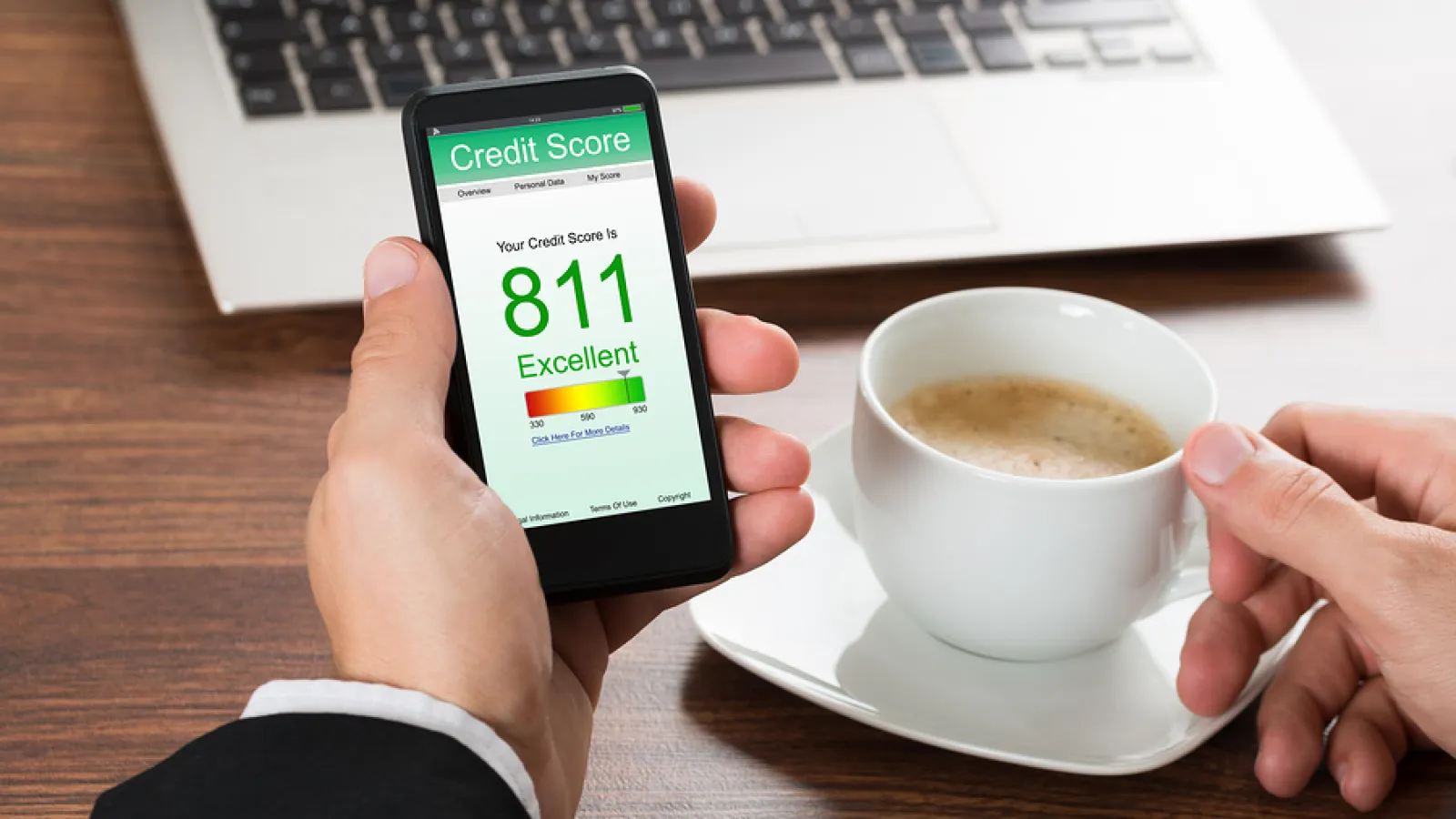If you've ever had a student loan, a credit card or any other type of debt, you have a credit score. This score is a three-digit number used by lenders to determine how much of a credit risk a borrower is likely to be. It can influence the interest rate you are offered on various loans as well as whether a lender will approve you for a loan. Your credit score can rise and fall throughout your life, and the choices you make can have a direct effect on your score.
What a Credit Score Is
A common misconception about credit scores is that people only have one. In fact, you have multiple scores. The score a lender gets depends on which credit reporting company it uses and the type of credit product you are considering. For example, mortgage lenders tend to use a different score than a credit card company. The same financial institution might use a different score based on the product you are considering. For example, Coosa Valley Credit Union uses a score from Equifax when a customer opens an account and pulls scores from all three credit reporting agencies and takes the average score when someone applies for a mortgage.
Companies that calculate scores include the Fair Isaac Corporation (FICO), Equifax and VantageScore. Each company uses a different formula to calculate scores, based on the details in your credit report.
Credit scores range from 300 to 850, with the higher scores considered excellent and the lowest scores considered poor. While FICO and other credit score companies won't reveal the exact formulas and calculations they uses to compute your score, FICO has revealed that its scores are based on five categories: your payment history, amount you owe, length of credit history, number of new accounts and the mix of credit you have. Payment history and amounts owed have the most weight when figuring out your score, mix of credit and number of new accounts matter the least.
Why Credit Scores Matter
Your credit score is important if you plan on getting a loan at some point in your life. The higher your score, the less risky you look to a lender, and usually, the lower the interest rate you get on a loan. Typically, excellent scores, which lead to the best possible rates and loan terms, are those over 750. Good credit scores, between 700 and 749, get slightly less ideal terms.
How do you get credit without a score? It depends on the type of credit you are after. Some student loans, for example, don't require a credit check first. Some credit card companies will issue cards to people with limited or no credit history. It is very difficult to get a mortgage, though, without a strong credit history and high score.
How Credit Scores Change
The good news about your score is that it isn't set in stone. It will change throughout your financial life and even month to month. If you have a lower score, making on-time payments on any loans you have, reducing the amount of debt you have, and keeping credit accounts open will help improve it over time. Opening a lot of accounts at once, charging close to the limit on your credit card, missing payments, or closing several accounts can cause your score to drop.
It's worth noting that your credit score can be a fickle thing. You might notice a slight drop in your score after you do something you'd consider good for your credit, such as paying off a loan. Although having your score dip can be frustrating, as long as you focus on paying on time and as agreed and on not borrowing too much, you'll be able to get or keep an excellent score.
How You Can Check Yours
You have multiple options when it comes to checking your credit score. You have the legal right to review your credit report from each of the credit reporting companies once a year, for free, at AnnualCreditReport.com. You don't get your score for free from the site, but you have the chance to read your report and to make sure there are no errors on it, which would have an impact on your score. You also usually have the option of purchasing your score from the reporting companies after you check your reports. If you have a credit card, the card company might give you access to a credit score for free, as well. If you do not have a credit card, companies such as Quizzle and Mint are able to provide an estimated credit score.
If you are thinking about applying for a loan from Coosa Valley Credit Union, reach out and we will be happy to talk with you. Even if you don't have the best score, you can still qualify for a loan, from one of our many programs. Contact us today to learn more about the loans we offer and the requirements for those loans.
